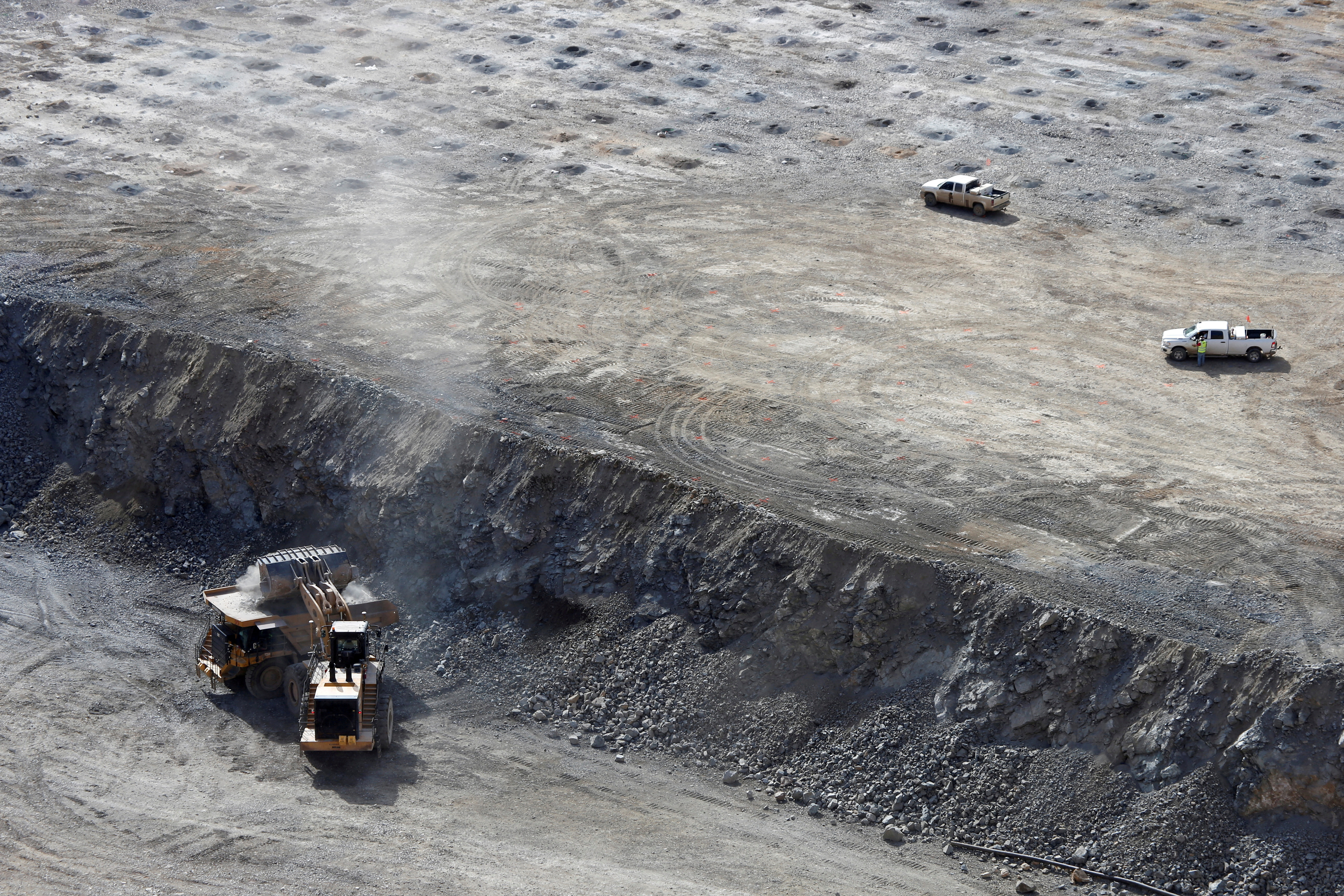China, the world’s top processor of rare earths, banned the export of technology to extract and separate the critical materials on Thursday, the country’s latest step to protect its dominance over several strategic metals.
Rare earths are a group of 17 metals used to make magnets that turn power into motion for use in electric vehicles, wind turbines and electronics.
While Western countries are trying to launch their own rare earth processing operations, the ban is expected to have the biggest impact in so-called “heavy rare earths,” used in EV motors, medical devices and weaponry, where China has a virtual monopoly on refining.
“This should be a clarion call that dependence on China in any part of the value chain is not sustainable,” said Nathan Picarsic, co-founder of the geopolitical consulting firm Horizon Advisory.
China’s commerce ministry sought public opinion last December on the potential move to add the technology to its “Catalogue of Technologies Prohibited and Restricted from Export.”
It also banned the export of production technology for rare earth metals and alloy materials as well as technology to prepare some rare earth magnets.
The catalogue’s stated aims include protecting national security and public interest.
China has significantly tightened rules guiding exports of several metals this year, in an escalating battle with the West over control of critical minerals.
It introduced export permits for chipmaking materials gallium and germanium in August, followed by similar requirements for several types of graphite since Dec. 1.
“China is driven to maintain its market dominance,” said Don Swartz, CEO of American Rare Earths ARR.AX, which is developing a rare earths mine and processing facility in Wyoming. “This is now a race.”
WEST STRUGGLES
The move to protect its rare earth technology comes as Europe and the United States scramble to wean themselves off rare earths from China, which accounts for nearly 90% of global refined output.
China has mastered the solvent extraction process to refine the strategic minerals, which MP Materials MP.N and other Western rare earth companies have struggled to deploy due to technical complexities and pollution concerns.
Shares of MP, which has slowly begun increasing rare earths processing in California, jumped more than 10% on Thursday after China’s move. The company did not immediately respond to requests for comment.
Ucore Rare Metals UCU.V said on Thursday that it had finished commissioning of a facility to test its own rare earths processing technology, which is being funded in part by the U.S. Department of Defense.
“New technologies will be needed to outmaneuver the Chinese grip on these important areas,” said Ucore CEO Pat Ryan. Ucore’s stock rose more than 16%.
It is not clear to what extent China’s rare earths technology is actually being exported. Beijing has discouraged its export for years, said Constantine Karayannopoulos, former CEO of Neo Performance Materials NEO.TO, which separates rare earths in Estonia.
“This announcement just formalises what everyone knew to be the case,” Karayannopoulos said.
China separates 99.9% of global heavy rare earths, according to consultancy Benchmark Mineral Intelligence (BMI). Most of the Western processing capacity being installed is for “light” rare earths, including neodymium and praseodymium (NdPr).
“Most likely, the impact of this ban will be in greater difficulty in getting heavy rare earth separation capacity online outside of China,” said Daan De Jonge at BMI.
“You can have all the NdPr separated in Europe or the U.S. as you want, but if you’re still relying on dysprosium from China, you’re still very exposed to geopolitical shocks.”







Click here to change your cookie preferences